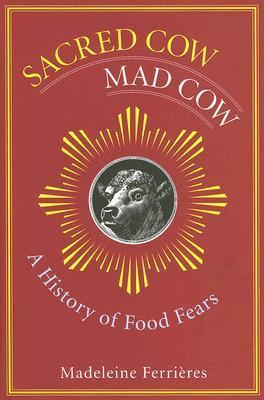Freytag, Nils, “Deutsche Umweltgeschichte—Umweltgeschichte in Deutschland. Erträge und Perspektiven” [German environmental history—environmental history in Germany. Achievements and perspectives]
The German historian Nils Freytag traces the development of environmental history in Germany, paying special attention to forests and hunting, urban environments, and links to cultural history.


